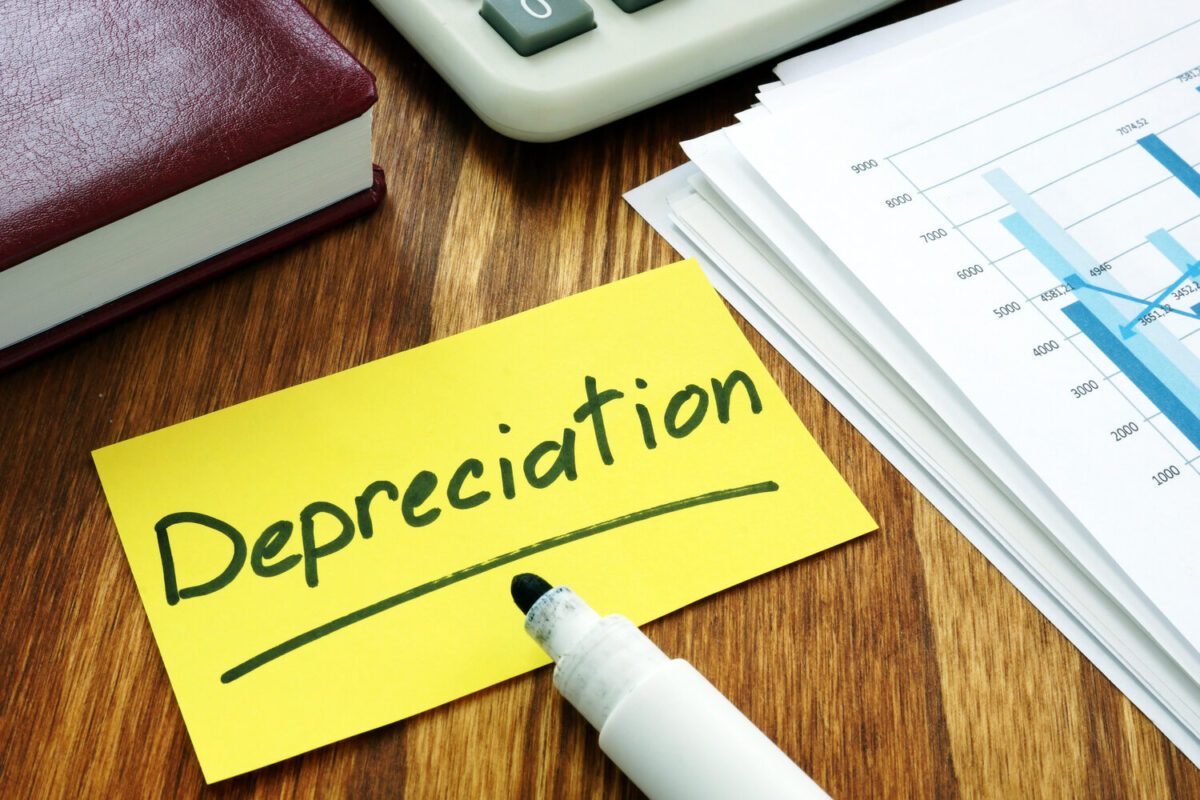Depreciation is a non-cash expense that reduces the value of an asset. A fixed asset, also known as a capital asset, is a large cost item such as a vehicle, real estate, equipment, or office furniture. As a result of wear and tear, the asset loses value over the period of its useful life. If an asset does not lose value, such as land, then it cannot be depreciated.
Depreciation helps you understand the true cost of doing business and how much value the asset lost during the year. When a fixed asset is purchased, the full cost is not expensed in the year purchased. The asset will help the business generate income over more than a year, so depreciation expenses the cost over the years in which it will help the business generate income.
A fixed asset can also be an intangible asset such as a trademark, patent or goodwill. Intangible assets follow the same concept and process of depreciation, but is technically referred to as amortization.
For tax purposes, there are methods to accelerate depreciation such as Section 179 and bonus depreciation. Most small businesses are eligible for these accelerated depreciation methods, which allow the deduction of the full cost in the year purchased. However, there are many rules that govern these deductions so we will save that for another time.
Every scenario is different, therefore this general advice cannot be applied directly to your situation and is not intended to be tax advice. If you have concerns about depreciation, it is best practice to consult with a tax professional.

